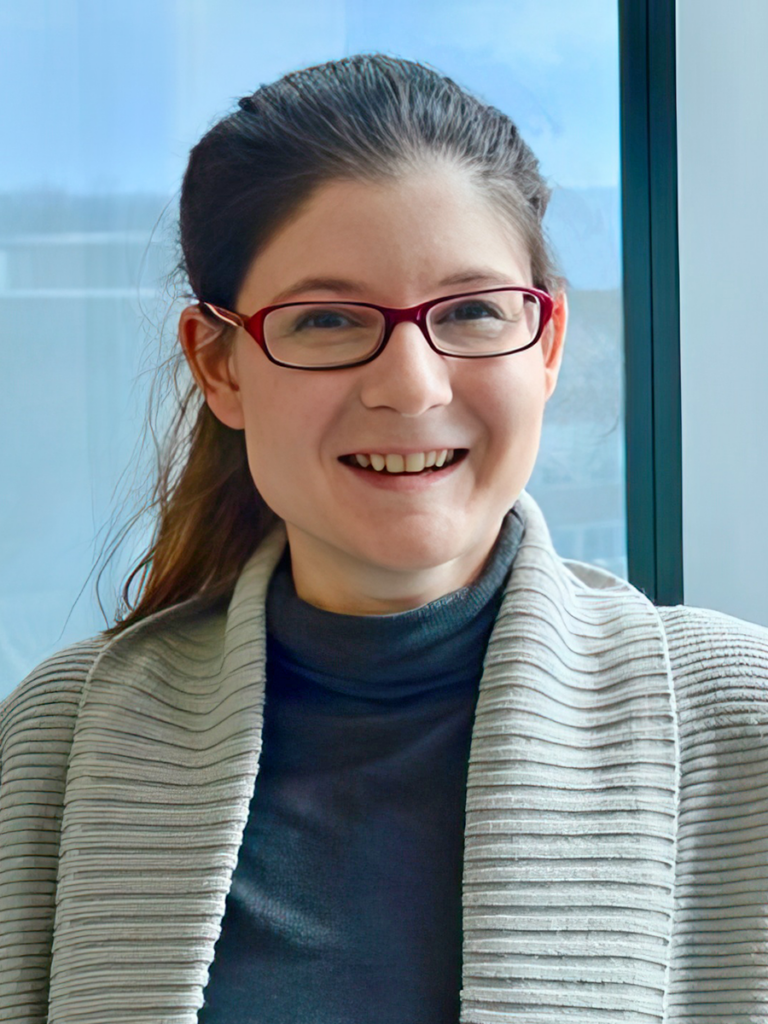Lauren Zarzar
Chemically programmable active oil droplets: mechanisms and dynamics
Thu, Sep. 29, 2022, 4:30pm
Taylor Auditorium, Frick Chemistry Lab B02
Host: Leslie Schoop
Chemotactic interactions are ubiquitous in nature and can lead to complex emergent behavior in multibody systems and living organisms. However, developing synthetic embodiments of chemomechanical frameworks for generating behaviors like self-propulsion or non-reciprocal interactions of tunable strength and directionality has been challenging. Emulsions, which are mixtures of immiscible liquids characterized by chemical inhomogeneity and non-equilibrium states, are unique materials in which to study how spatially controlled chemical gradients affect inter-droplet “communication”, leading to organized assembly and motion. We present a framework for rationalizing and predicting micelle-mediated interactions between droplets of different chemistries and explore the ramifications for chemically programmable active fluids. We show how chemotactic signaling between “source” and “sink” microscale oil droplets of different chemistries in micellar surfactant solutions can result in predator-prey-like nonreciprocal chasing interactions. We further explore the self-propulsion of complex droplets, such as Janus oil droplets, where the structure of the droplet (combining both source and sink) has significant implications on activity. The introduction of other sources of asymmetry, such as solid walls or surface-adsorbed particles, further provide routes to tune to chemical gradients and induce active behavior within otherwise inactive emulsions. Our findings demonstrate how chemically-minimal systems can be designed with controllable, chemotactic interactions to generate self-propulsion, emergent self-organization, and collective behaviors.

